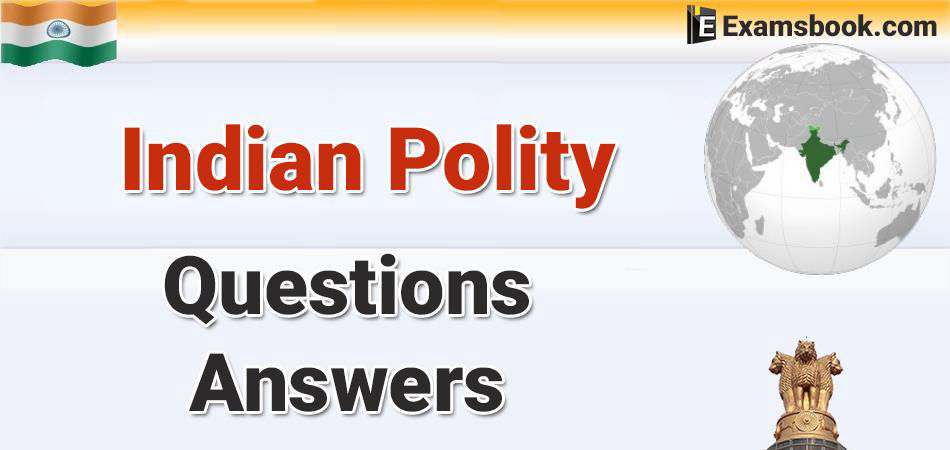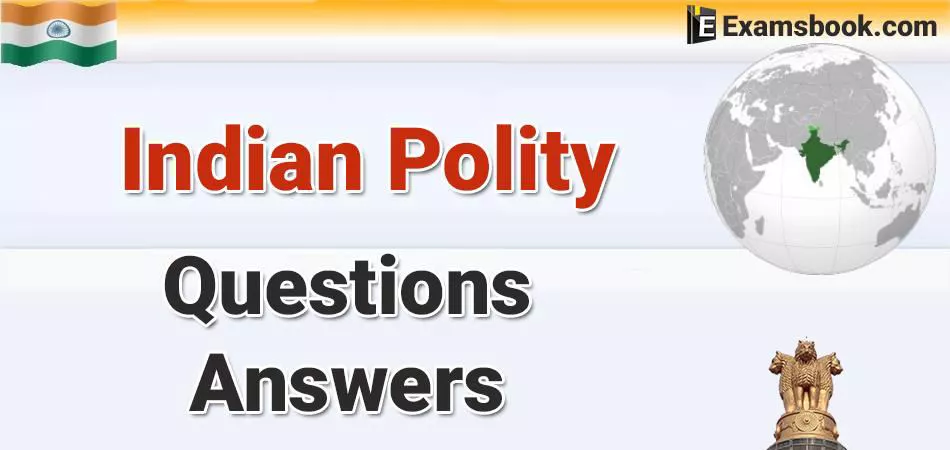


Who among the following was/was a member of the Rajya Sabha at the time of his/her appointment as the Prime Minister?
(A) Chaudhary Charan Singh
(B) Mrs. Indira Gandhi
(C) Lal Bahadur Shastri
(D) P.V. Narasimha Rao
The record of becoming Prime Minister for the first time from Rajya Sabha is also in the name of Indira Gandhi. When Indira Gandhi took over as Prime Minister after the death of Lal Bahadur Shastri in 1966, she was a member of the Rajya Sabha.
How many types of emergency can be declared in India?
(A) 5
(B) 6
(C) 2
(D) 3
Three types of emergencies are addressed in the Constitution of India: Nation Emergency, State Emergency, and Financial Emergency.
Which of the following articles deals with emergency provisions?
(A) Article 32 and 226
(B) Article 350 and 351
(C) Articles 352, 356 and 360
(D) Articles 335, 336 and 337
Who among the following appoints the Prime Minister of India?
(A) President of India
(B) Chief Justice of India
(C) Attorney General of India
(D) Governor
The prime minister of India is appointed by the President of India. Article 75 says that the Prime Minister shall be appointed by the President and the other Ministers shall be appointed by the President on the advice of the Prime Minister.
The President of the Indian Union has the same constitutional powers as
(A) With the British king (queen)
(B) U. S. A. have the president of
(C) Name the President of Pakistan
(D) With the President of France
Q :
Who among the following was the President of the Indian National Congress during the 1915 session?
(A) Satyendra Prasanna Sinha
(B) Ambica Charan Mazumdar
(C) Bhupendra Nath Bose
(D) Madan Mohan Malaviya
1. Sir S.P. was the President of the Indian National Congress during the session of 1915. Sinha was. This was the 32nd session of the Congress, held in Mumbai from 1 to 4 December 1915. At this session, Congress reiterated its demand for self-rule for India and pressed for greater rights from the British government.
2. Some of the important resolutions passed in the 1915 session included:
- Demand for self-rule for India
- Pressure for more rights from the British government
- Demand for greater representation of Indians in the British Army
- Demand for improvement in education and employment opportunities for Indians
When was the None of the Above (NOTA) ballot option first implemented in India?
(A) 2015
(B) 2004
(C) 2013
(D) 2010
NOTA was implemented for the first time in India in 2013.
1. Year: 2013
2. Election: Assembly Election
3. States: Chhattisgarh, Mizoram, Rajasthan, Madhya Pradesh and Delhi
4. Option: NOTA ('None of the Above)
5. Objective: To provide more choices to voters and strengthen democracy
Which of the following High Court has become the first High Court in the country to set up Justice Clock?
(A) Gujarat High Court
(B) Delhi High Court
(C) Rajasthan High Court
(D) Allahabad High Court
The first high court of India was established in Kolkata. It was formerly called the High Court of Judicature at Fort William. It was issued under the Indian High Courts Act 1861. It was formally opened on 1 July 1862. Sir Barnes Peacock as its first Chief Justice of the Calcutta High Court. Justice Sumboo Nath Pandit was the first Indian to assume office as a Judge of the Calcutta High Court.
On whose recommendations were the Fundamental Duties included in the Indian Constitution?
(A) Santhanam Committee
(B) Swaran Singh Committee
(C) Shah Commission
(D) Administrative Reforms Commission
Fundamental duties were recommended by Sardar Swarn Singh committee.
According to the Directive Principles of State Policy, up to what age children are expected to be given free and compulsory education?
(A) 14 years
(B) 15 years
(C) 16 years
(D) 18 years
The State shall endeavour to provide, within a period of ten years from the commencement of this Constitution, for free and compulsory education for all children until they complete the age of fourteen years.
Get the Examsbook Prep App Today